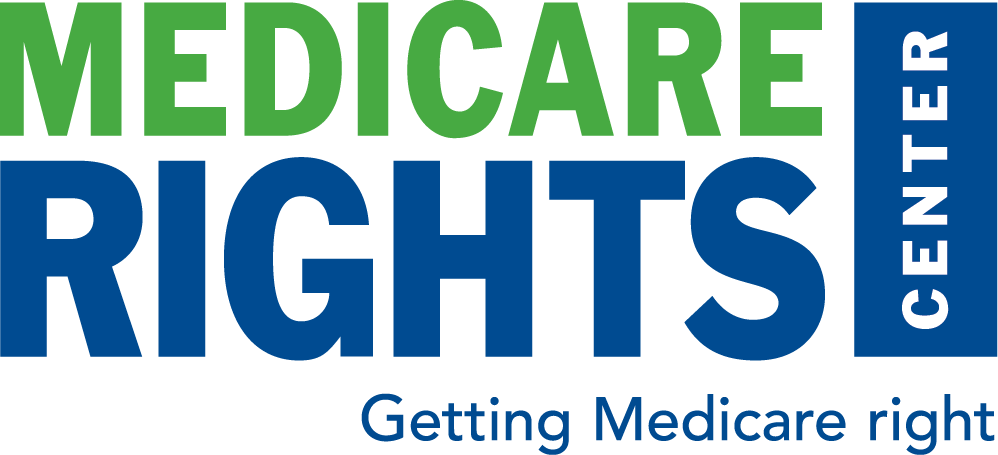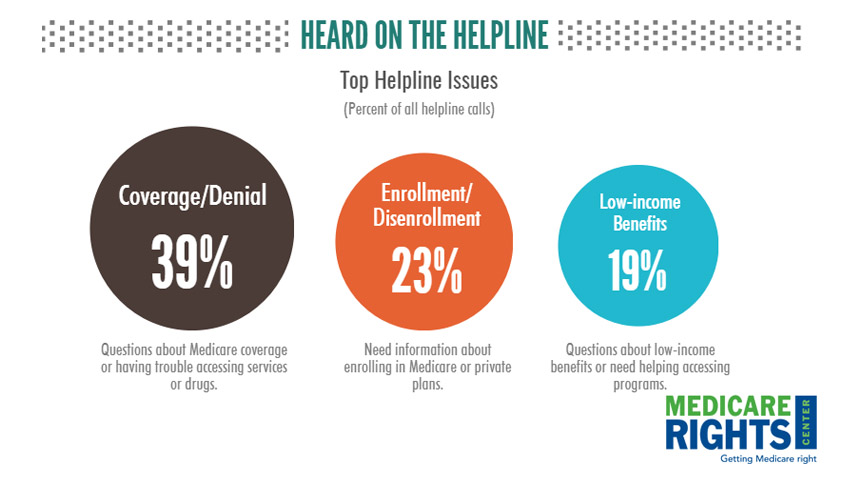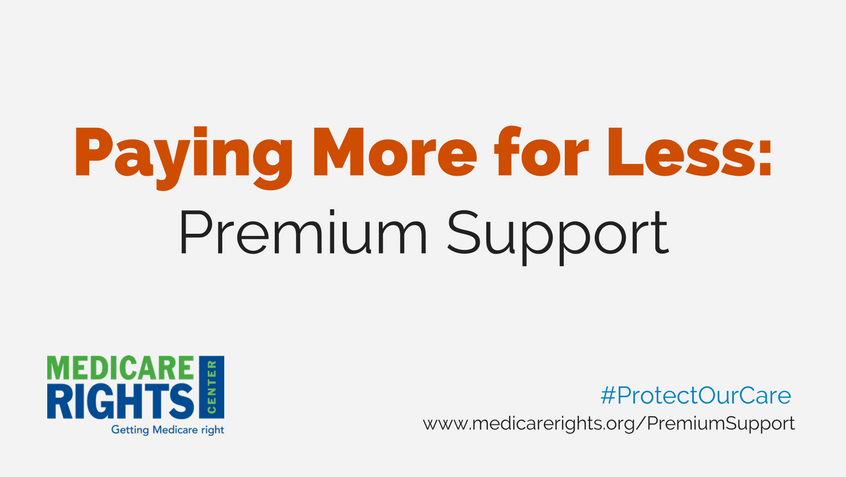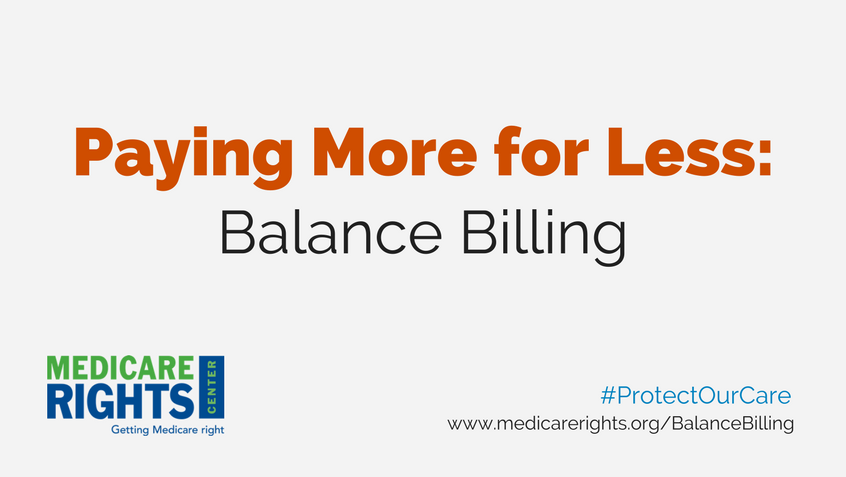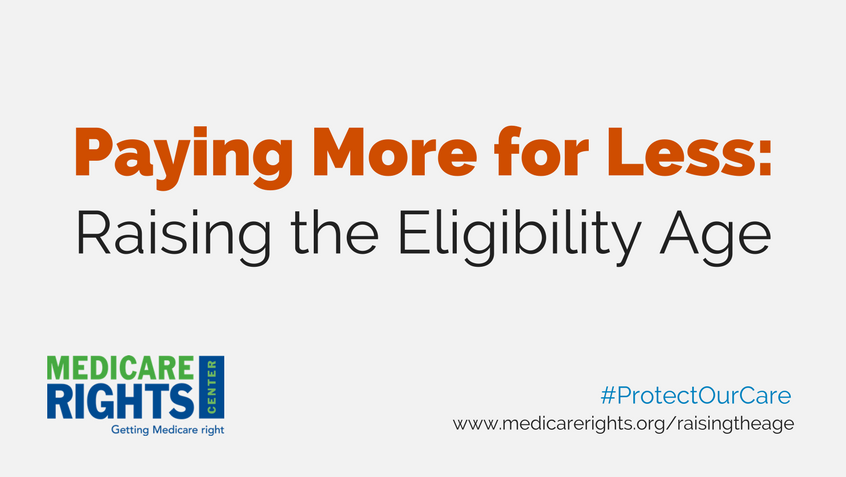
Relief Opportunity Announced for Marketplace Enrollees Who Need Medicare
The Centers for Medicare & Medicaid Services (CMS) recently announced a time-limited opportunity allowing Medicare-eligible people who were or are currently enrolled in the Affordable Care Act’s Marketplaces to enroll in Medicare Part B and to be relieved of any associated late enrollment penalties.
This chance to request equitable relief is welcome news for Marketplace enrollees who wrongly delayed or declined Medicare Part B enrollment. The relief may include retroactive or immediate Medicare Part B enrollment and a reduction in or elimination of Medicare Part B late enrollment penalties. People who were or are enrolled in Marketplace coverage and who are entitled to premium-free Medicare Part A can apply for this relief through September 2017.
